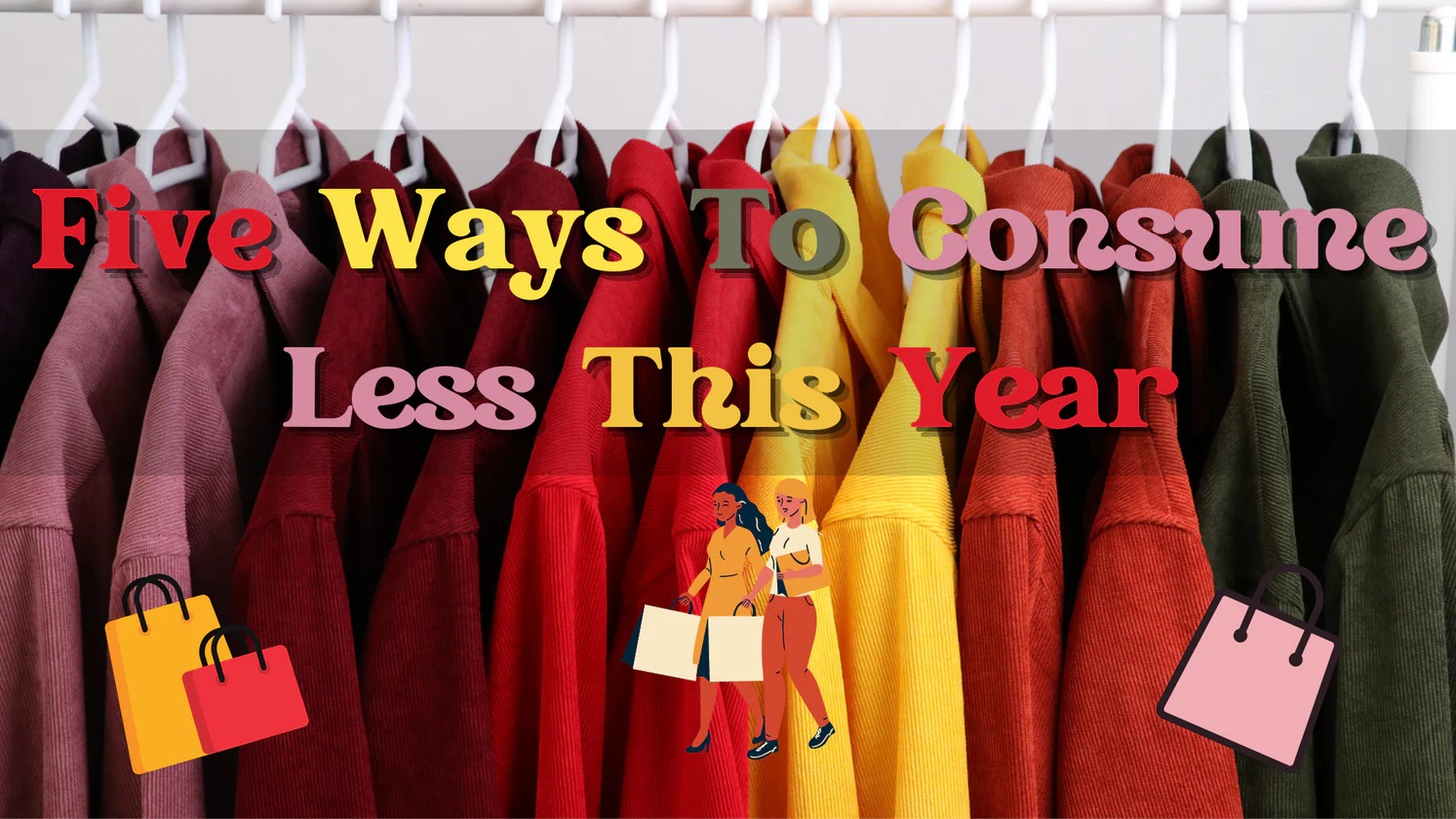As we start the new year, many of us are reflecting on the previous one. We may be pondering our accomplishments, friendships, and the things we wish turned out differently. However, in an era where consumerism is often unchecked, many of us may overlook reflecting on our consumer inclinations. Quite the contrary, as we often see many people glorifying all the status symbols they own. For instance, there are a plethora of “shopping haul” videos on social media platforms such as YouTube, TikTok, and Instagram. “Shopping hauls” are videos of social media users showing off their latest purchases and giving reviews about them to their followers, creating a desire to buy the reviewed products. All in all, influencers create content for their followers, retailers receive free marketing, and the consumer can buy vetted goods. So, why should we be concerned about this?
Carbon emissions affect the planet substantially, as they are the greenhouse gas with the highest levels of emissions in the atmosphere—and a key driver of global climate change. According to a report published in Scientific Reports in 2020, a product’s life cycle — from the extraction of raw material through manufacturing, distribution, use, and disposal — has a total carbon emissions 6.3 times the product’s weight. Making an effort to buy less can have a meaningful impact on the environment, and being mindful of the content we engage with on social media can help curb this habit.
Below are five simple ways you can rethink your consumption habits right now:

- Assess Your Collection. Go through everything you own and make a list of the different items you own. Often, this practice can help open our eyes to how much unnecessary stuff we have accumulated over the years. This can also help motivate us not to add more.
- Be aware. Be aware of the power of marketing tactics, especially on social media, which are intended to sell you products you don’t really need.
- Pause. If you see something you want but don’t need, give yourself 24 hours to reflect on the potential purchase. Chances are, you’ll forget about the item or realize that you don’t need it.
- Get picky. It may cost more, but better-quality items will last longer, and you won’t have to replace them as often. This means fewer things end up in the landfill, and you end up saving money in the long run. You’re also not contributing to the resources used in the manufacturing process.
- Get creative. When was the last time you rented an item instead of purchasing it? Or repaired an item instead of replacing it?
These are great strategies to help you reduce your consumption. All the little choices we make daily can make a big difference long term. Happy new year!

Leave a Reply
You must be logged in to post a comment.